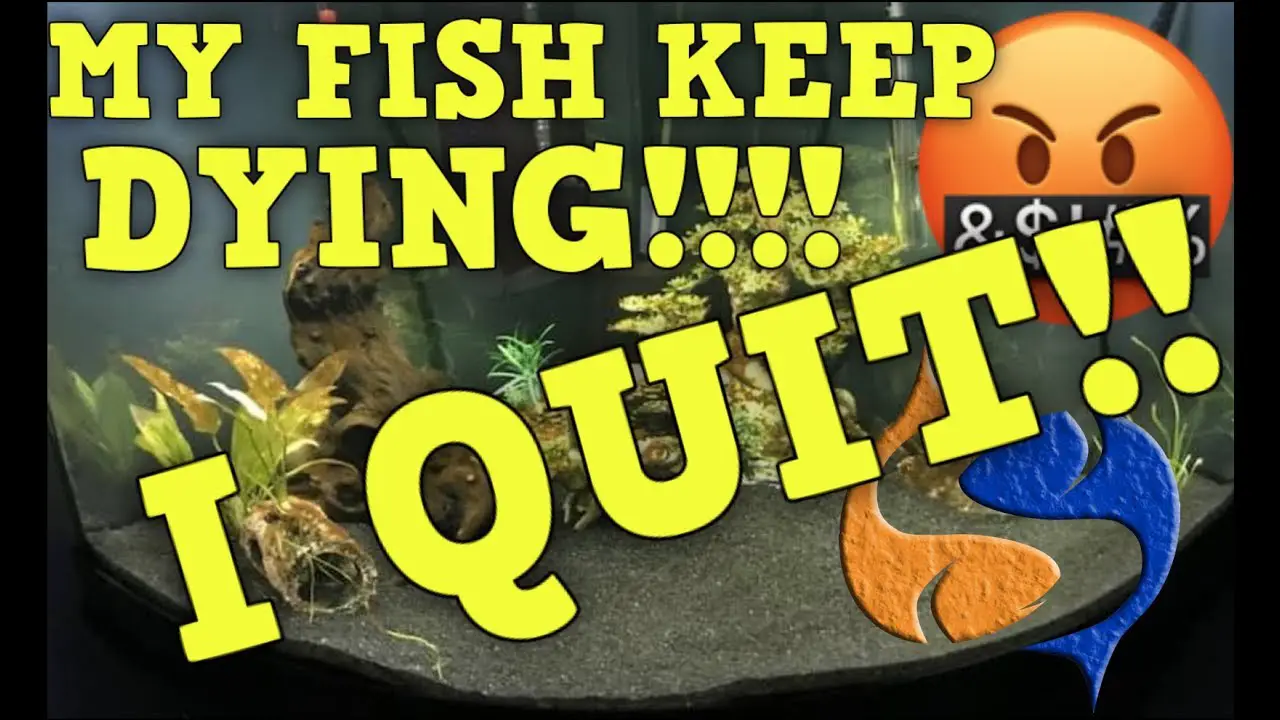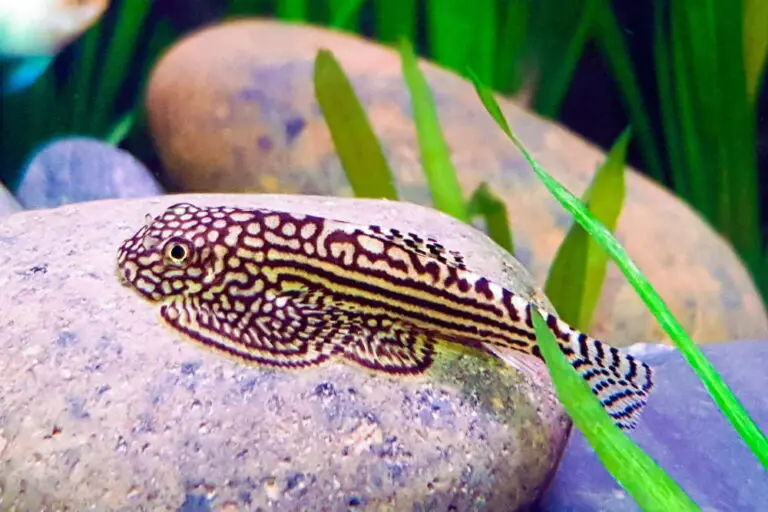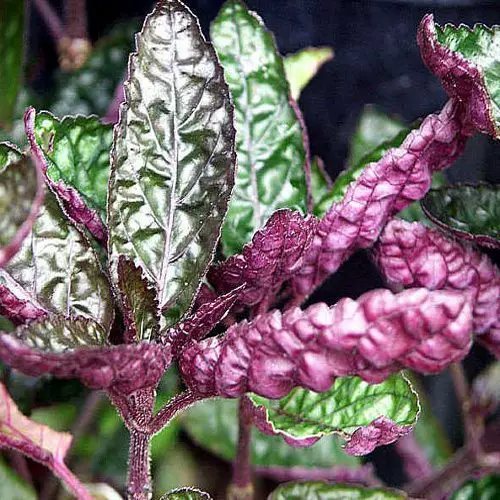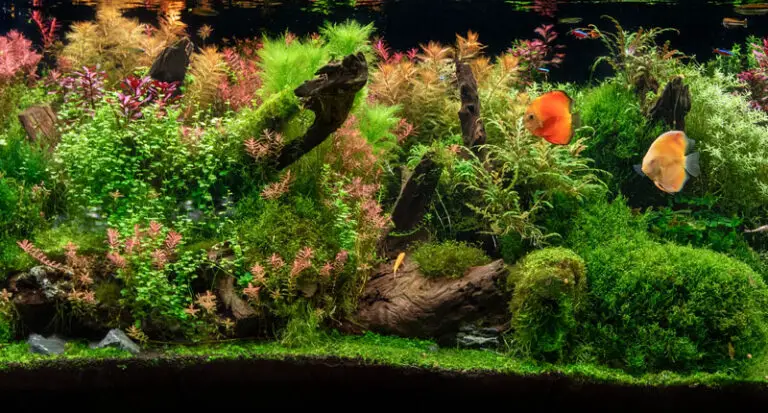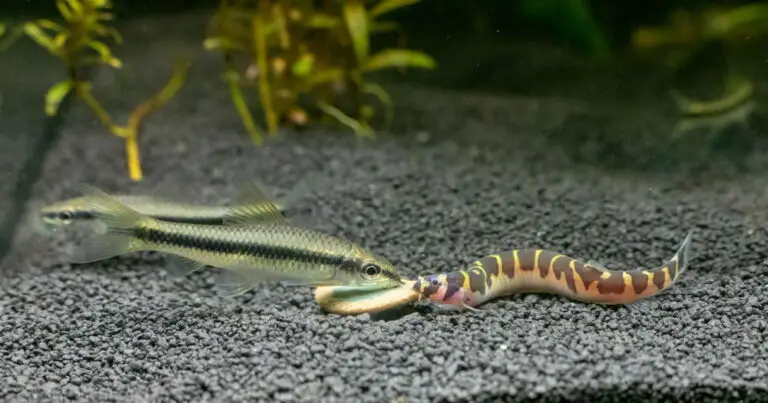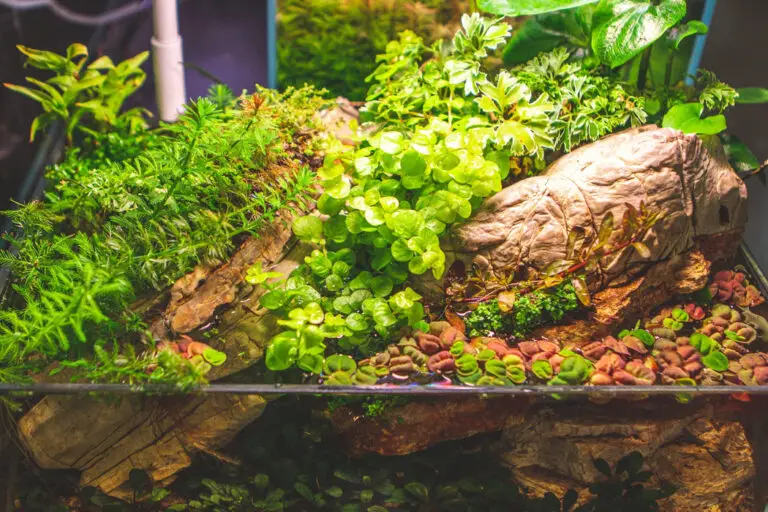Why Do My Fish Keep Dying?
Fish require a lot of care to stay healthy, and if their environment is not ideal they can quickly become ill. Poor water quality is one of the most common causes for fish dying. If the pH balance or ammonia levels in the aquarium are too high it can cause stress on the fish and make them more susceptible to disease.
Another major factor that affects fish health is overcrowding. If there are too many fish in an aquarium, oxygen levels will be lower than normal which could lead to death due to lack of oxygen. Improper nutrition and inadequate filtration also contribute to poor water conditions that could result in sick or dead fish.
It can be heartbreaking when our beloved fish keep dying despite our best efforts to care for them. In order to maintain a healthy environment for your fish, it is important to understand the factors that could potentially cause their death, such as poor water quality, inadequate tank size and insufficient filtration. Additionally, nutrition plays an essential role in keeping your fish healthy. You should feed them high-quality foods and make sure they have enough of it.
Finally, if you are unsure why your fish keeps dying or are having trouble providing adequate care for them, it may be worth consulting a professional aquarist for advice.
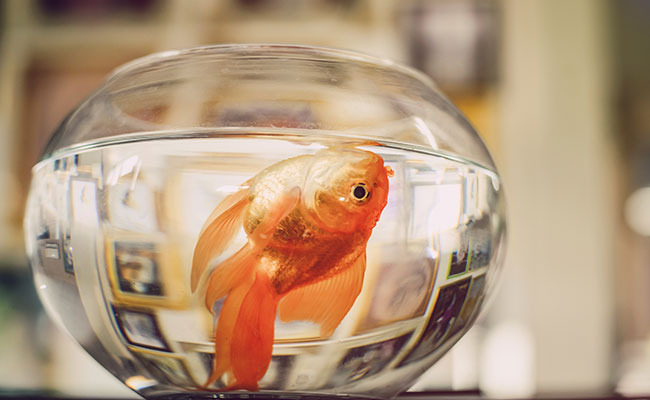
Credit: fishlab.com
How Do I Stop My Fish from Dying?
Preventing the death of your fish is a challenge that all fish owners face. The best way to stop your fish from dying is by taking proactive steps to make sure they are living in an environment that is conducive to their health. Start by ensuring you have the right tank size for your type of fish, as well as an appropriate filter system and aeration system.
Test the water regularly for pH levels, ammonia, nitrite, and nitrate concentrations. Perform regular partial water changes (at least 25%) every few weeks to keep the water clean and free from toxins or debris build-up. Feed them a balanced diet with high quality food designed specifically for their species; overfeeding can cause problems such as bloating resulting in swim bladder disease which can be fatal if left untreated.
Lastly, monitor any signs of stress such as erratic swimming behavior or loss of appetite—these may indicate something wrong with either the environment or health status of your fish and should be addressed immediately before it leads to further complications including death.
Why Do My Fish in My Tank Keep Dying?
Having fish can be a great source of joy and relaxation, but it can also become quite frustrating if your fish keep dying. There may be several reasons why your tank’s inhabitants are perishing, such as water quality issues, improper diet or overfeeding, overcrowding, stress due to changes in the environment (such as temperature fluctuations), disease or parasites, or simply old age. It is important to first assess the water parameters of your aquarium by testing for ammonia and nitrite levels; these should both stay at 0 ppm.
If they are above that level you should perform a large water change (at least 25%) immediately as this could be toxic to the fish. Additionally check for pH levels; ideally it should range between 6 – 8 depending on what type of fish you have in the tank. Once those parameters have been checked out you need to make sure that everyone has enough space in the tank so overcrowding isn’t an issue either.
Make sure there is plenty of hiding spots for everyone too! Lastly ensure that everyone has a varied diet full of nutritious food specifically designed for their species; try not to feed them too much at once and never leave food sitting around in case it starts polluting your aquarium with toxins from decomposition!
What Causes Fish to Die Quickly?
Fish can die quickly for a variety of reasons. Poor water quality is one of the most common causes, as it can lead to increased levels of ammonia, nitrites, and other toxins that are harmful to fish. Poorly maintained tanks or overcrowding can also contribute to poor water quality and cause fish to suffer from stress-related illnesses.
Likewise, sudden changes in temperature or pH levels can shock a fish’s system and leave them vulnerable to disease or parasites. Furthermore, inadequate nutrition due to improper diet or lack of food will weaken a fish’s immune system over time and make them more susceptible to illness. Finally, certain diseases such as bacterial infections or fungal outbreaks can spread rapidly among aquarium inhabitants if not treated promptly with appropriate medication.
Should I Change Water After Fish Died?
If you have recently had a fish die in your aquarium, it is important to consider whether or not changing the water after their death is necessary. It may be tempting to leave the tank as is and assume that because your fish has passed away, no further action needs to be taken; however, this could lead to additional issues down the line if left unchecked. By changing the water after a fish passes away, you can help reduce ammonia levels in the tank which can prevent future deaths of other aquatic life due to toxicity.
Additionally, cleaning out any uneaten food or waste from around the dead fish will help keep oxygen levels up for remaining species and reduce unpleasant odors within your home. If you choose not to change the water immediately after a death in your aquarium, make sure that regular partial water changes are scheduled so that ammonia levels do not build up over time and create an unsafe environment for existing inhabitants.
Why Did My Fish Die in One Day?
It is heart-breaking to come home to find one’s beloved pet fish has died, seemingly overnight. This can leave us feeling helpless and asking the question: Why did my fish die in one day? Unfortunately, there is often no single answer as various factors may have contributed to the untimely death of a beloved companion.
Potential causes could include water parameters (temperature, pH level) being outside of the tolerance range for that species; overcrowding or low oxygen levels in the aquarium; contact with chemicals such as cleaning products used nearby; stress caused by other tank inhabitants such as aggressive fish or too much handling; disease or parasites picked up from another tank inhabitant; poor quality food containing inadequate nutrition or toxins present due to lack of maintenance which can result in ammonia poisoning. Taking time to review all potential causes and taking action if necessary will help reduce the risk of future losses.
Aquarium Fish Keep Dying? Dead Fish
My Water Tests Perfect But My Fish Keep Dying
It is possible that your aquarium water tests perfect, but there may still be invisible factors that can cause distress to the fish living in it. Possible causes of death could include high levels of ammonia or nitrite in the tank due to overfeeding or overcrowding, a sudden change in pH levels, poor quality filtration systems, and even stress from other fish species sharing the same space. Regular water tests and careful monitoring are essential for ensuring healthy conditions for your aquatic pets.
Is It Bad Luck When Your Fish Dies
Having a pet fish die can be incredibly heartbreaking, but it is important to remember that this does not mean you are unlucky. Fish often have short lifespans and can quickly succumb to disease when kept in an environment with inadequate water quality or temperature. In most cases, the death of a pet fish has likely been caused by something other than bad luck.
All My Fish Died Overnight
If you had fish in your tank that suddenly died overnight, it could be due to a number of causes. Most commonly, this is related to water quality or the ammonia levels in your tank – if they are too high, it can cause stress and death for the fish. Other issues include insufficient oxygen levels or sudden drastic changes in temperature.
It’s important to test your aquarium regularly to ensure all water parameters are within acceptable limits and make any necessary adjustments as needed.
What Causes Fish to Die Suddenly in Aquarium
Fish can die suddenly in an aquarium for a variety of reasons, such as water quality issues like ammonia poisoning, sudden changes in temperature, or lack of oxygen. Poor nutrition and disease can also cause fish to die suddenly. It is important to regularly test the water parameters and maintain good tank conditions so that your fish have a healthy environment in which to live.
Why Did My Fish Die When I Put Them in a New Tank
Acclimating your fish to a new tank is an important process that should not be overlooked. The reason why your fish may have died after being put in a new tank is likely due to the lack of proper acclimation. When introducing fish into a new environment, it’s essential to slowly adjust them by gradually changing the temperature and pH level over several days so their bodies can get used to the changes without going into shock or suffering from stress.
Additionally, you’ll need to make sure there are no sudden changes in water quality which could also cause harm or death.
Petsmart Fish Keep Dying
Petsmart has experienced issues with some of their fish tanks not providing adequate living conditions for the fish, resulting in a high mortality rate. The company has responded to customer complaints by implementing better filtration systems and increasing water quality testing. Despite these efforts, Petsmart still seems to be having difficulty keeping its fish alive, so it is important for prospective pet owners to research the store’s policies and procedures before purchasing any type of aquatic animal from them.
My Fish Keeps Dying And Coming Back to Life
Many people are mystified by the phenomenon of a fish that keeps dying and coming back to life. In reality, this is usually caused by an oxygen-deficient environment in the tank, leading to oxygen deprivation for the fish which can cause it to appear dead only to revive once sufficient oxygen levels return. To prevent this from happening again, ensure your aquarium has adequate aeration and filtration systems in place so your fish have access to enough oxygen at all times.
What to Do When Your Fish is Dying
If you notice that your fish is not swimming, eating or behaving normally, it may be dying. To help determine the cause of death and to make sure the remaining fish are healthy, immediately isolate the ill fish in a separate tank with similar water conditions. If you can identify any potential environmental causes for your fish’s illness such as poor water quality or an incorrect diet – take steps to address them immediately.
Additionally, consult with a veterinarian specializing in aquatic animals if possible to diagnose and treat any underlying ailments.
Conclusion
This blog post has provided readers with a comprehensive overview of the possible causes for an aquarium fish dying, from water temperature fluctuations to disease and parasites. It is important to pay attention to what might be causing problems in your aquarium by regularly testing the water quality, monitoring the behavior of your fish, and seeking out professional advice if needed. Taking these steps can help ensure that your fish stay healthy and live longer lives.
